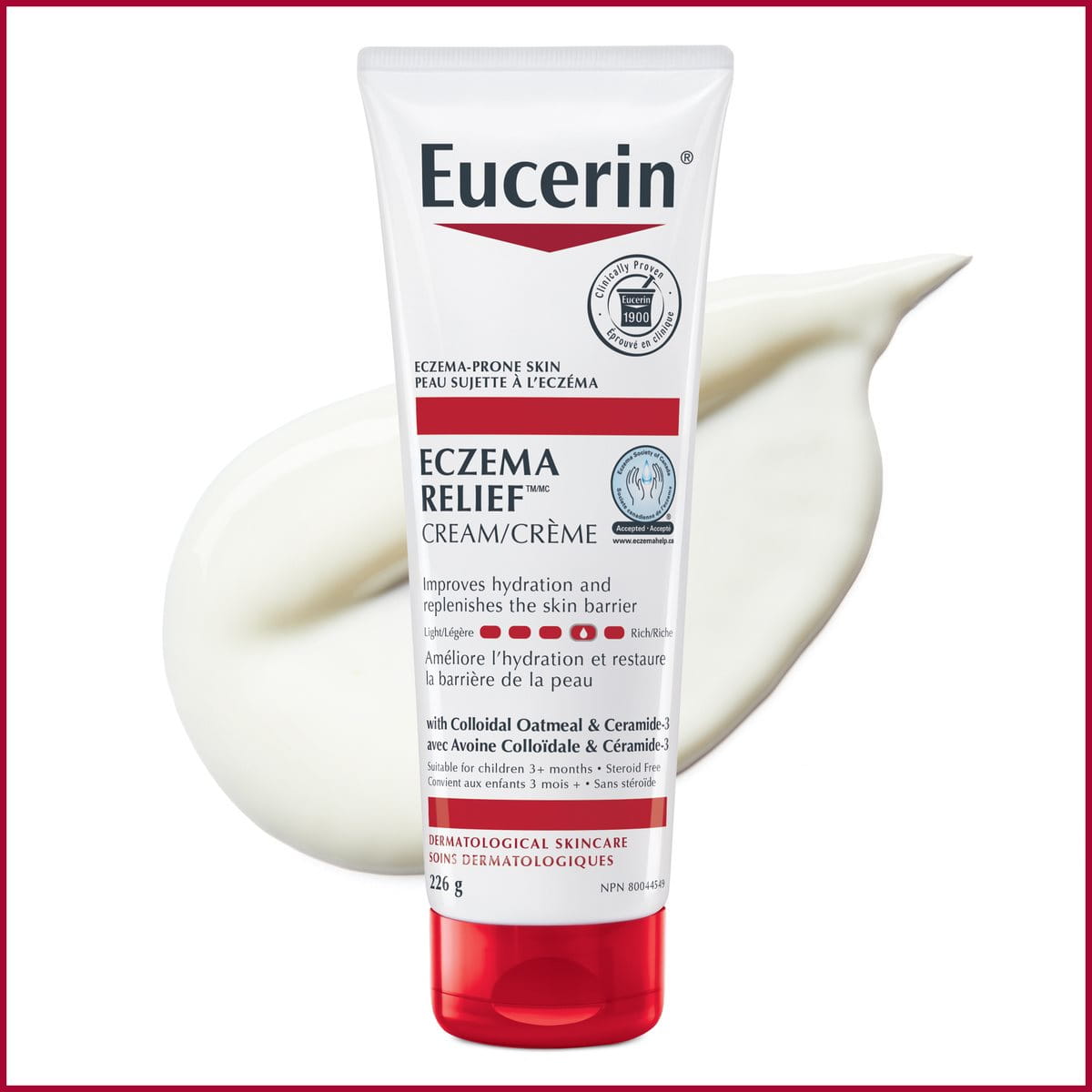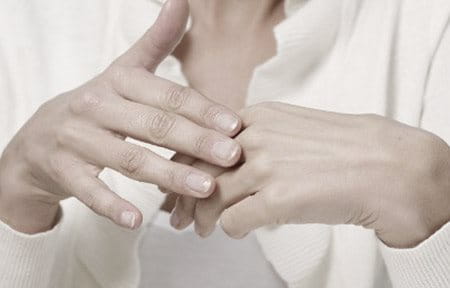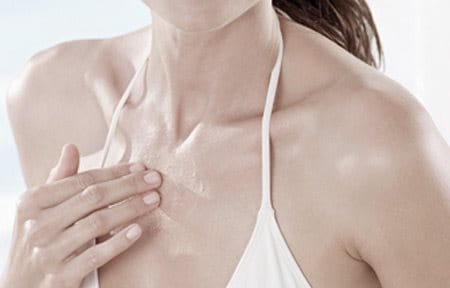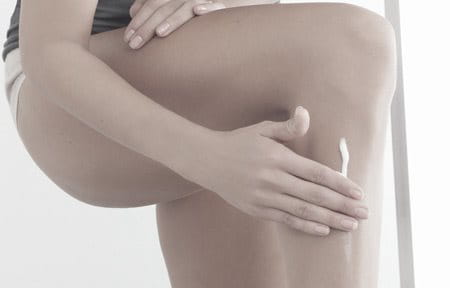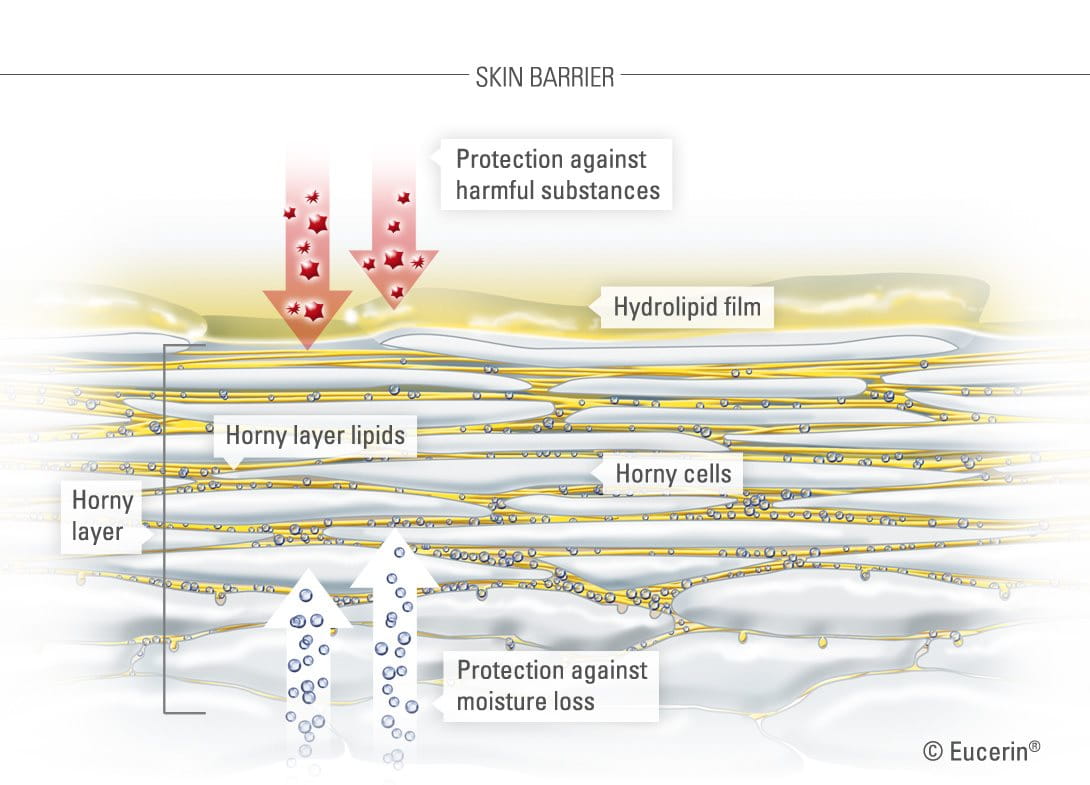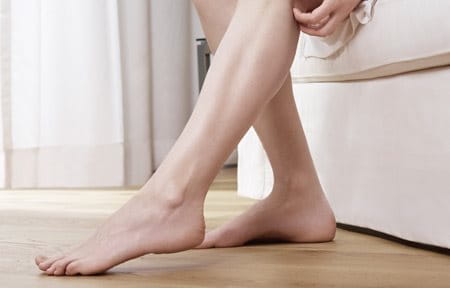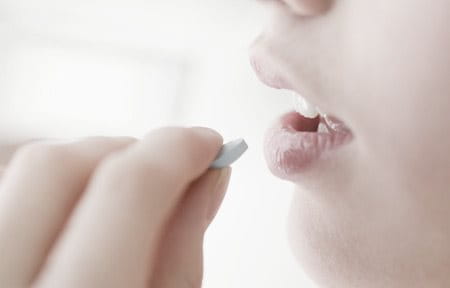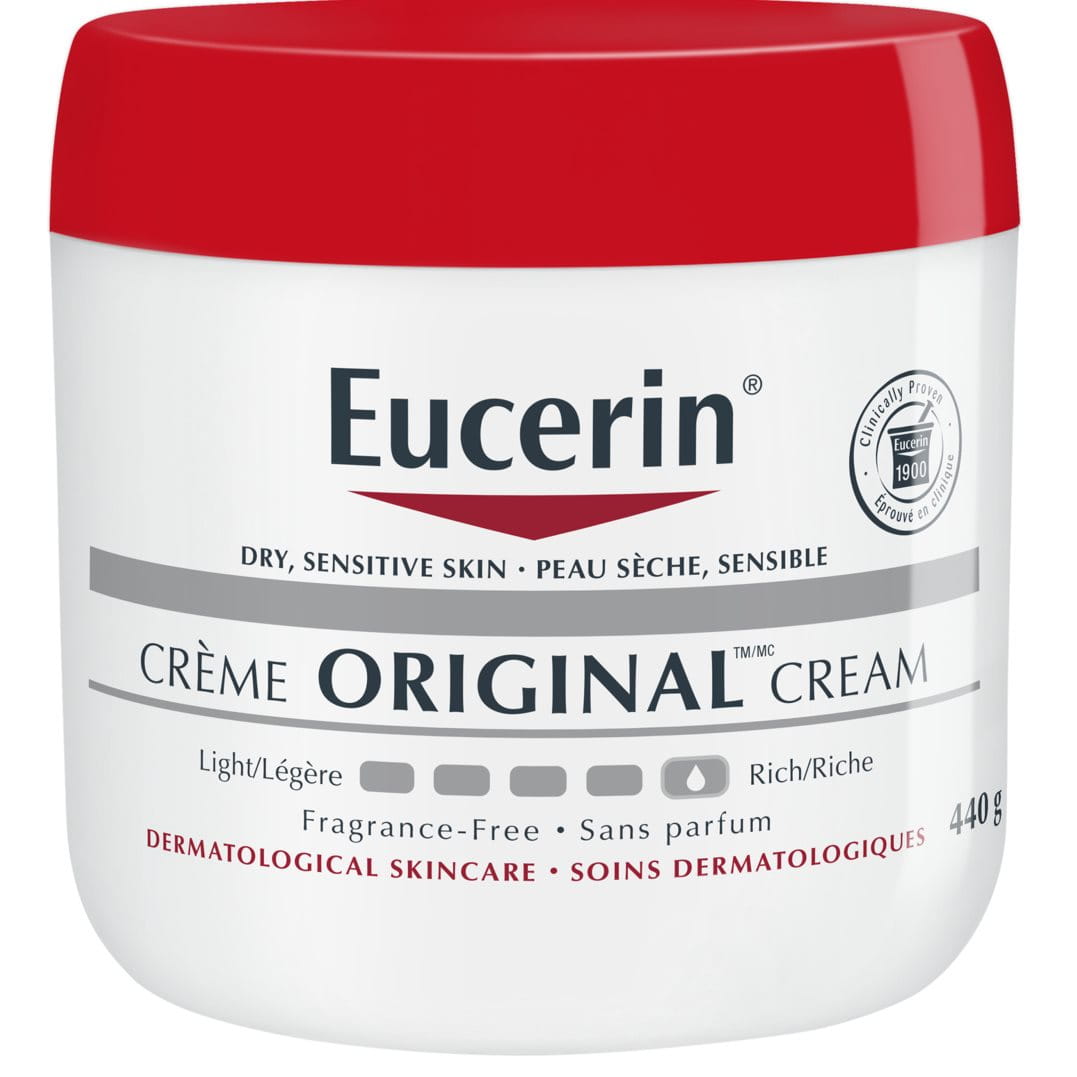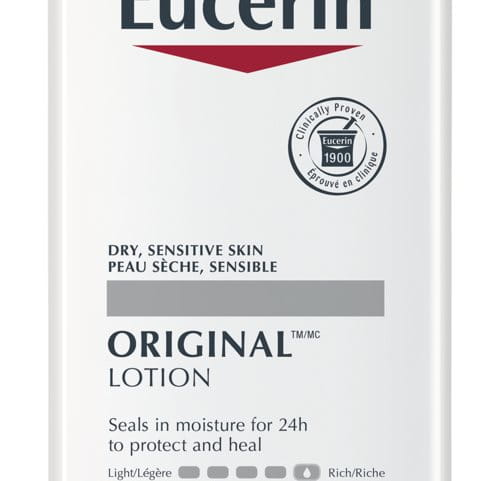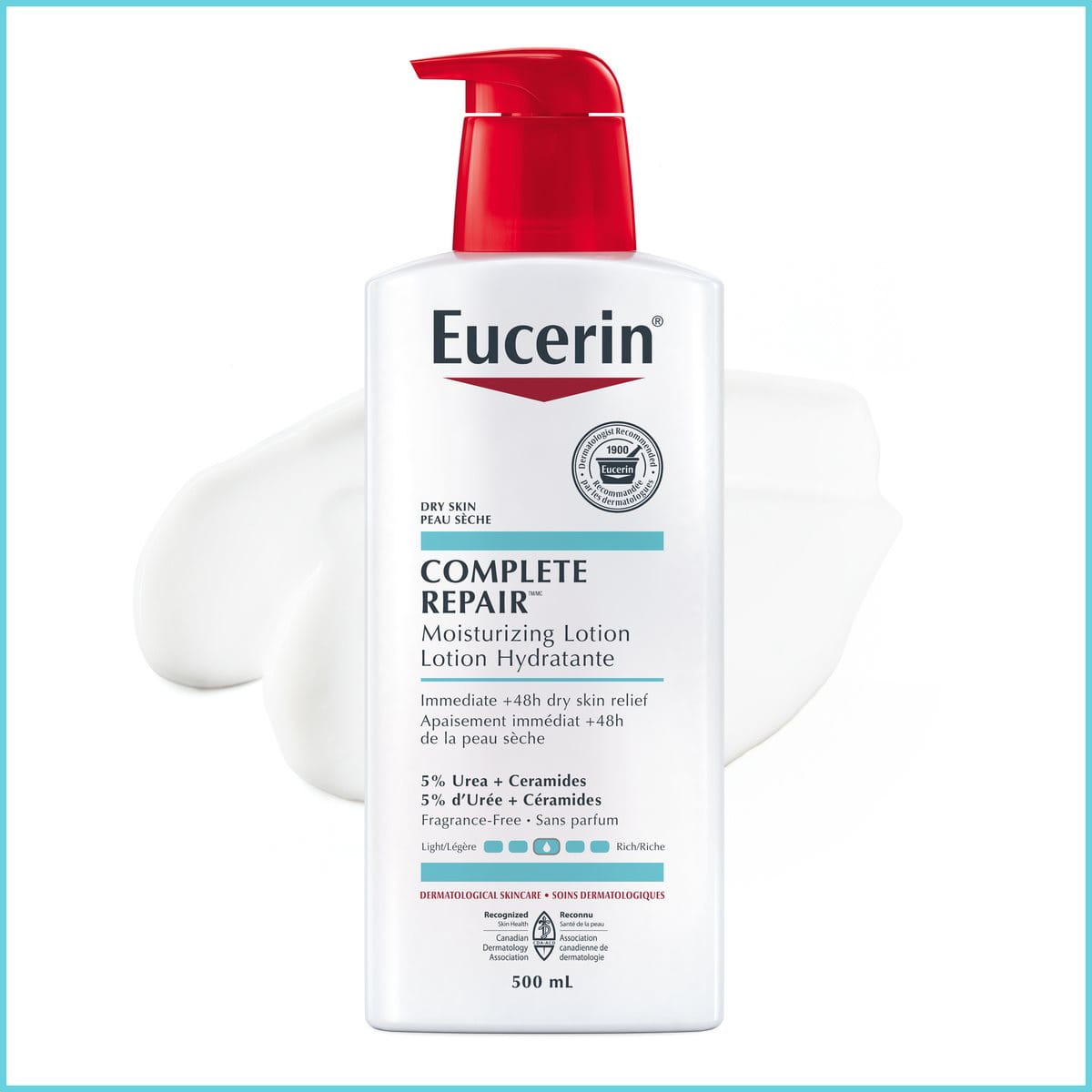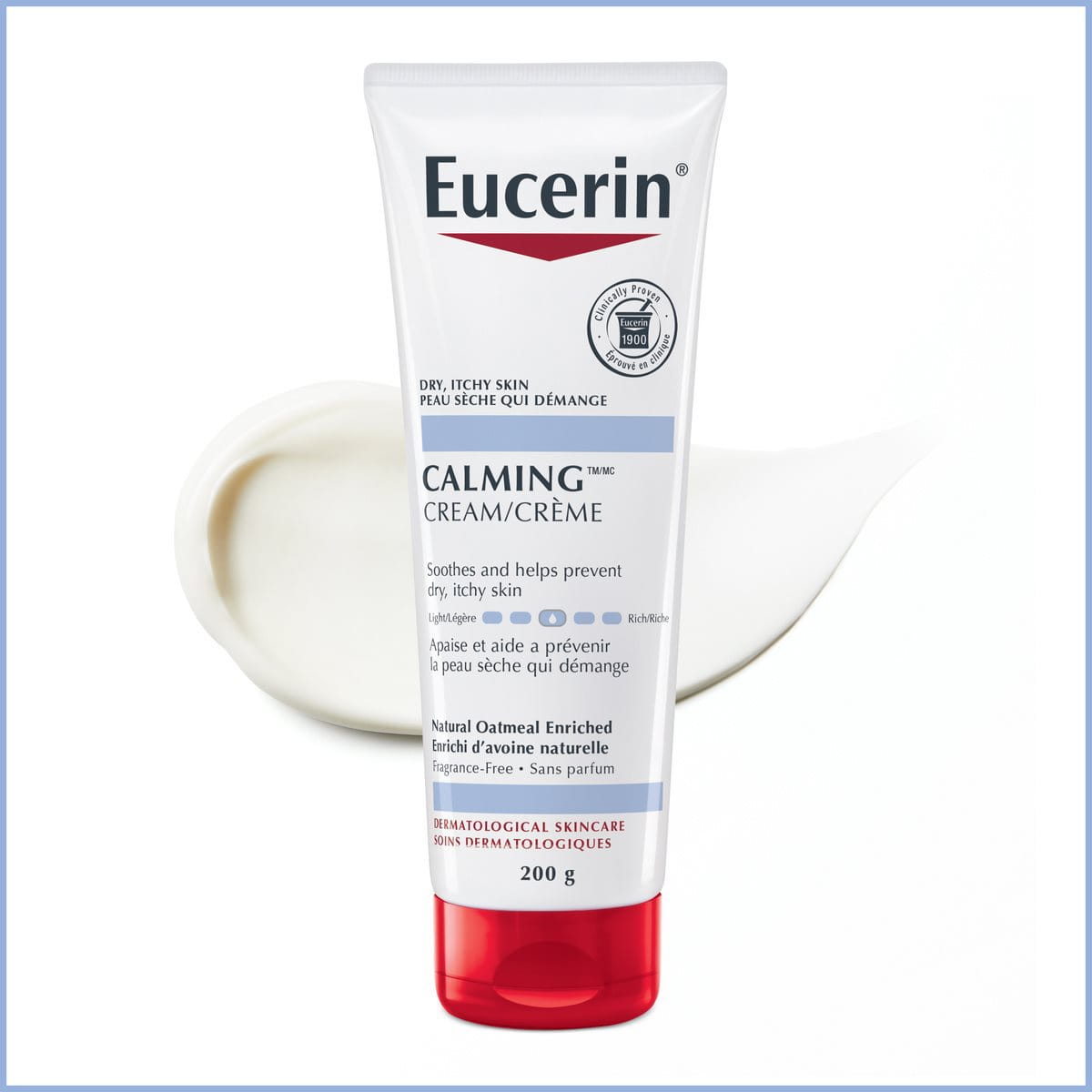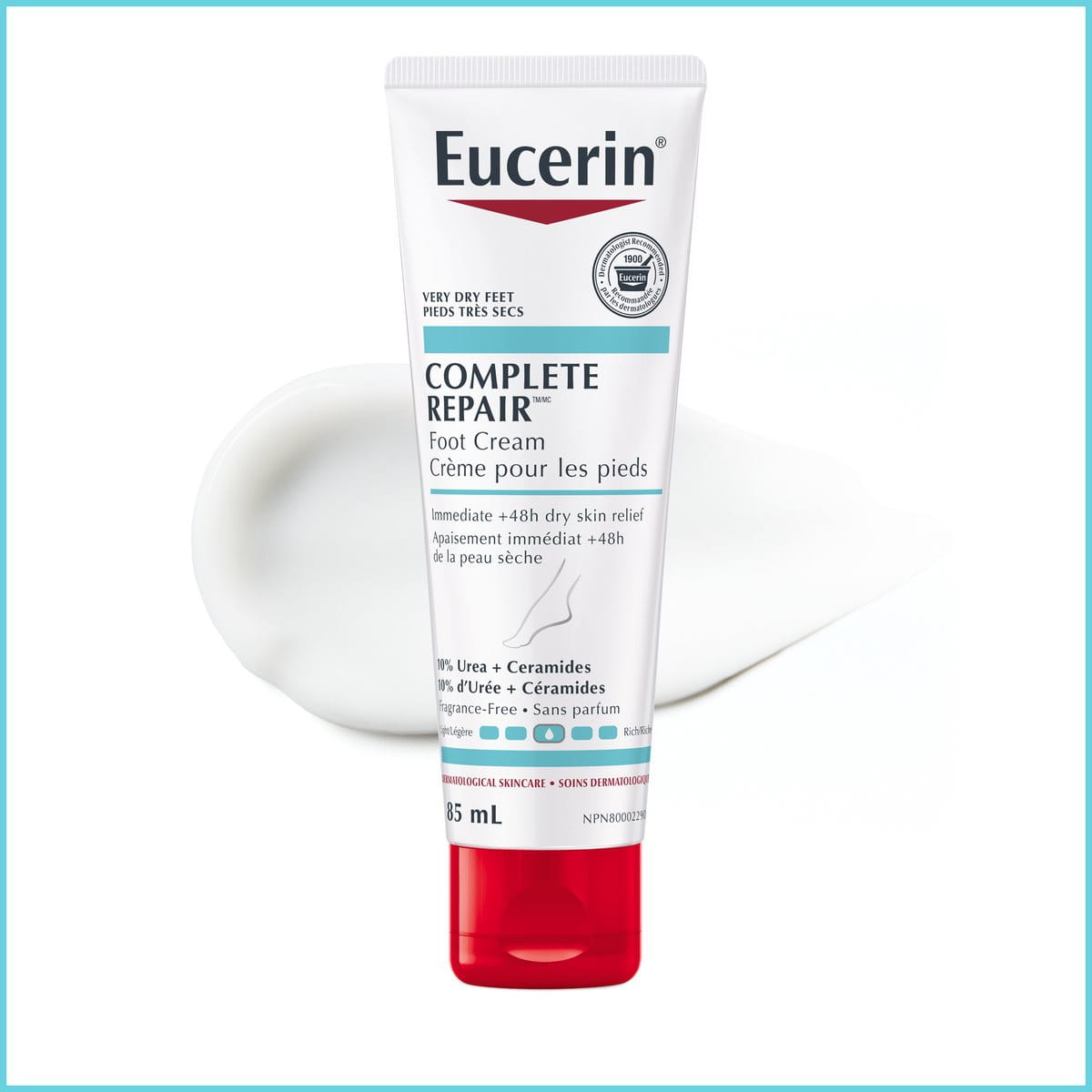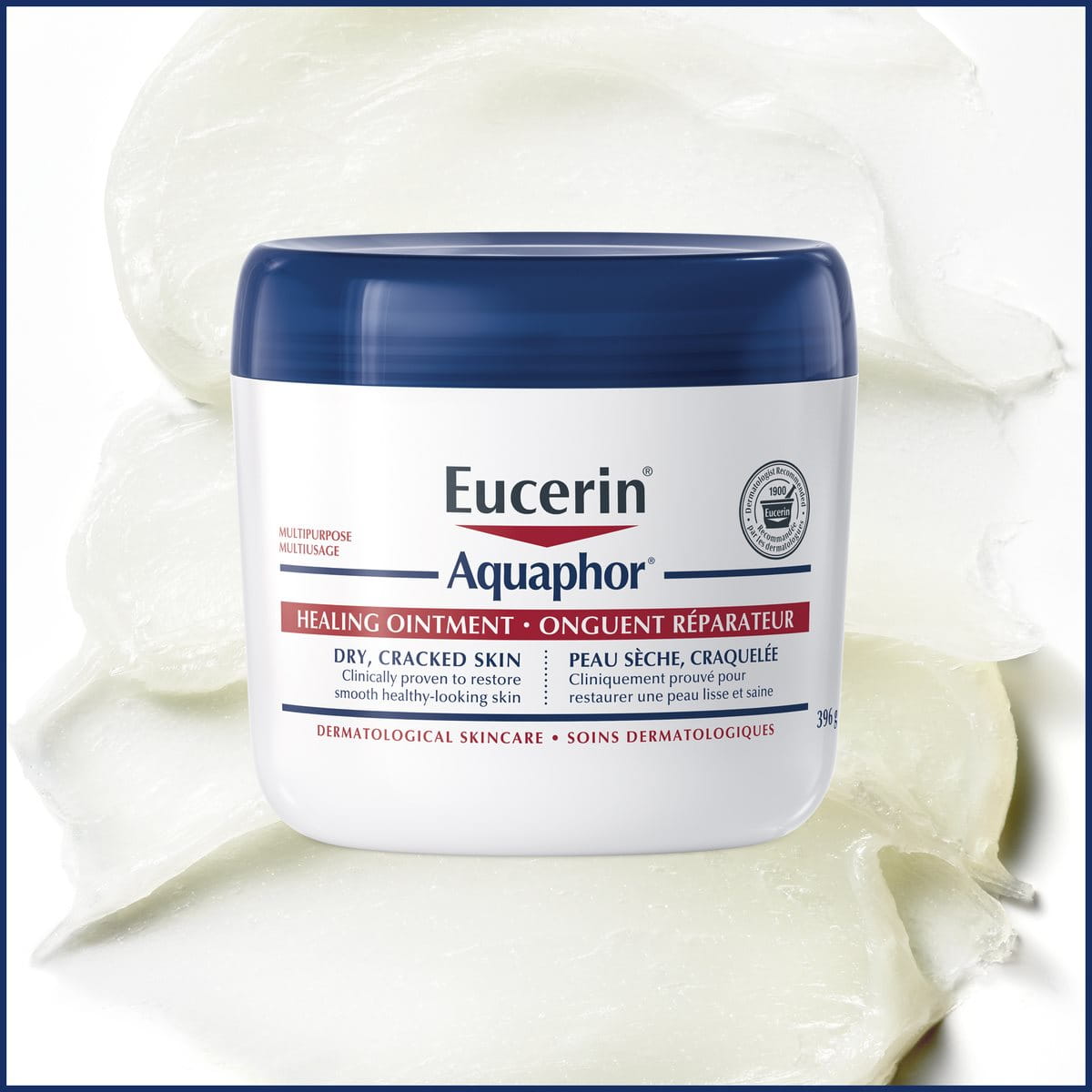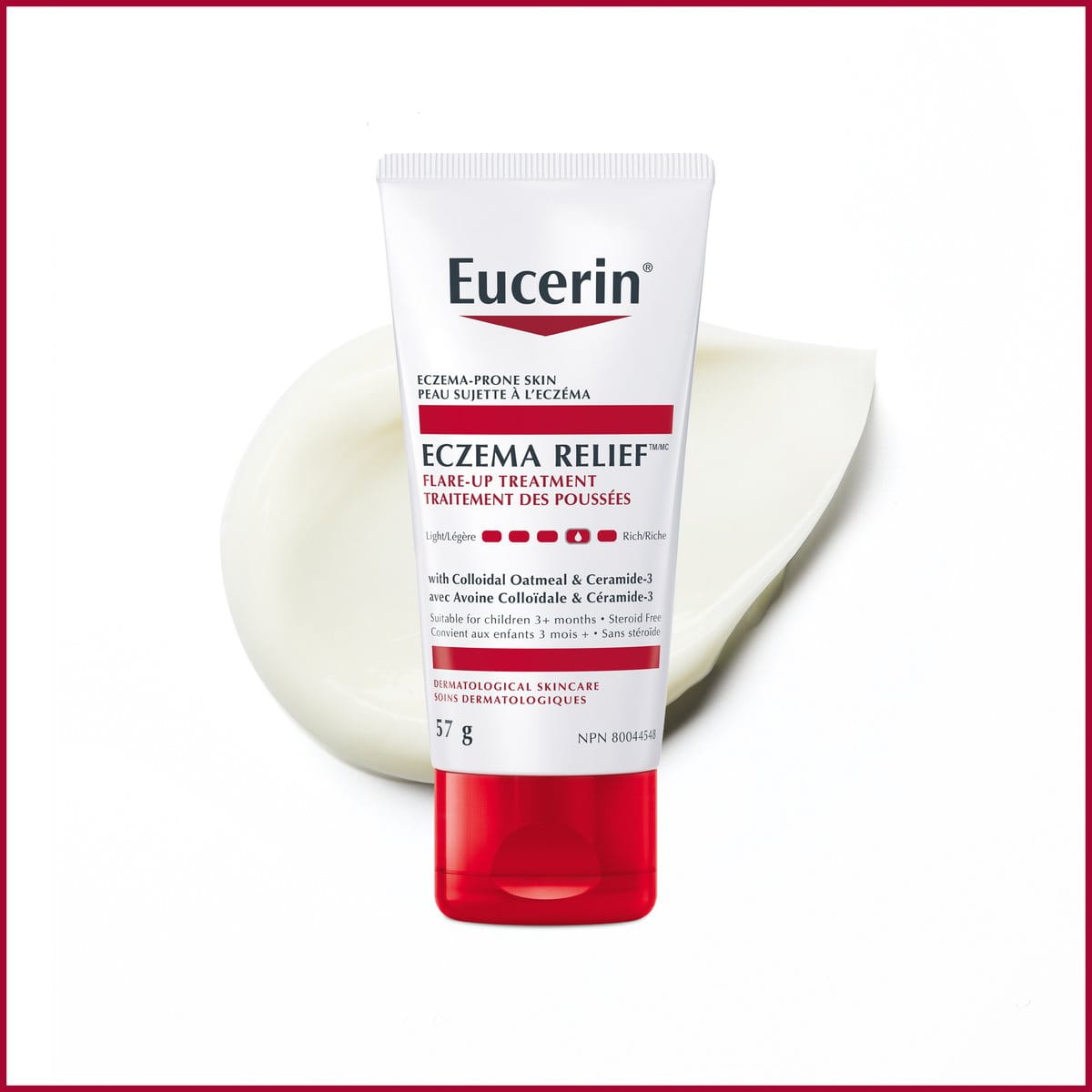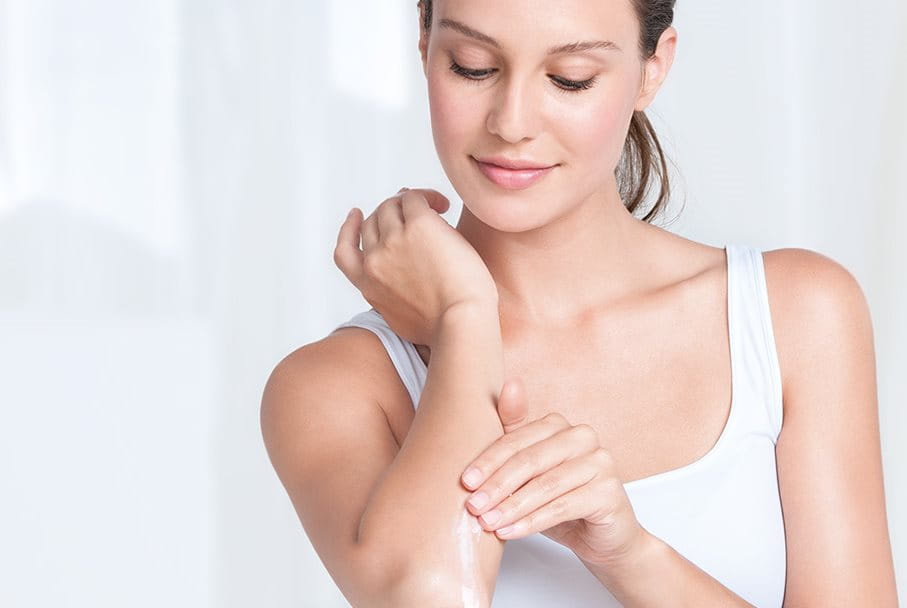This website serves the purpose of providing general information and does not in any way replace medical or specialist advice. Consult a healthcare practitioner if symptoms worsen or persist.
Body skin can become sensitive for many reasons, ranging from environmental factors like fluctuation in temperature to internal triggers such as hormonal change. While some people are predisposed to outbreaks of the condition, it is a highly unpredictable one that can appear at any time in an individual’s life. It can also appear anywhere on the body and it is important to understand that “sensitive skin” isn’t abnormal or even a disease.
While there is no real cure for sensitive skin, it can be managed and minimised through understanding. It is possible to effectively address the condition by understanding it’s ‘language’ together with the causes of sensitive skin and the stimuli that can make it worse.
